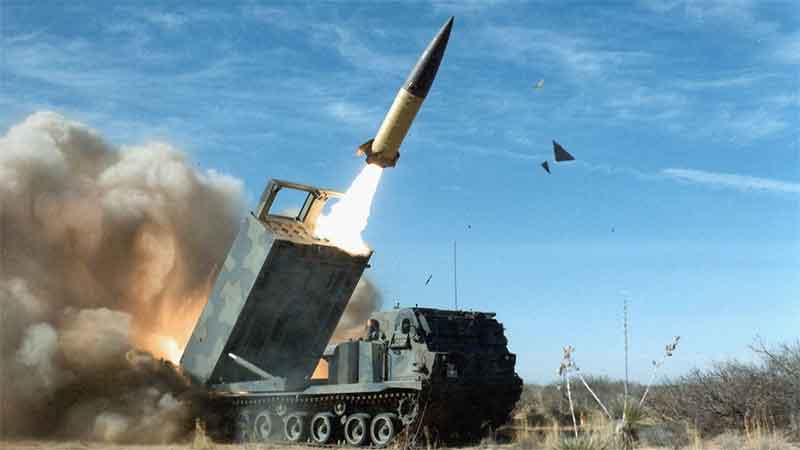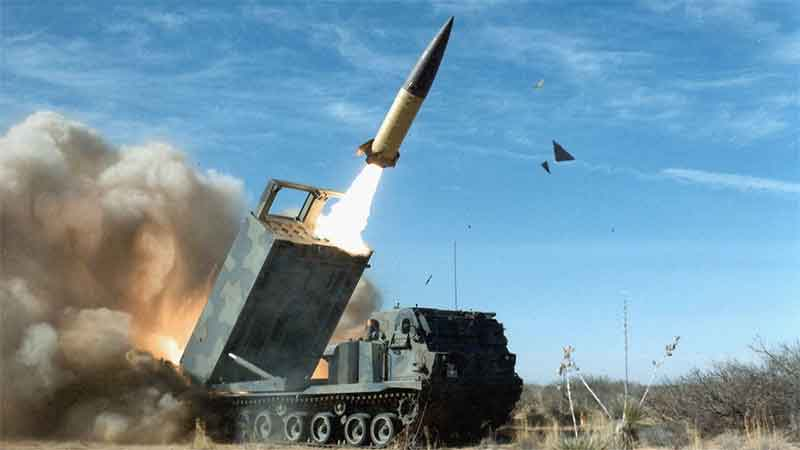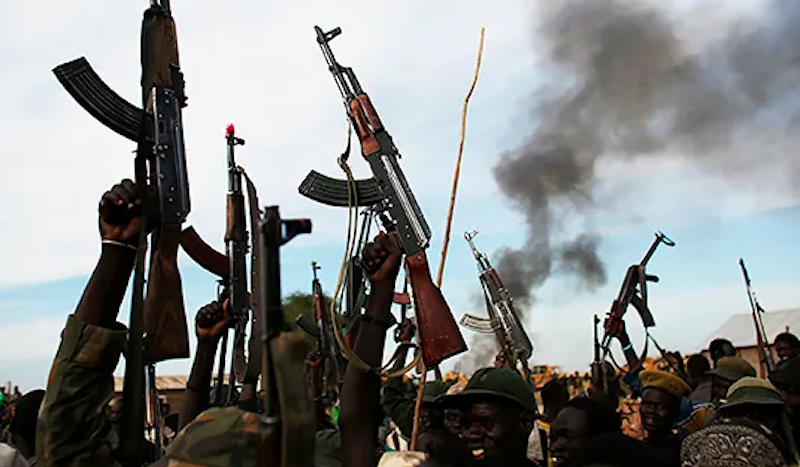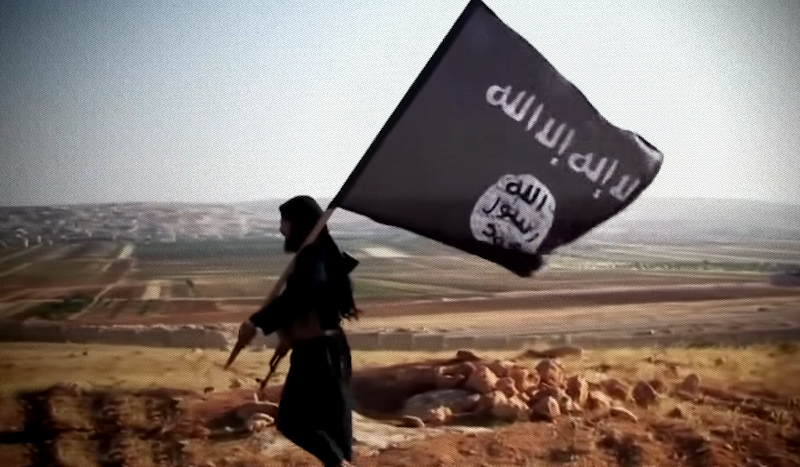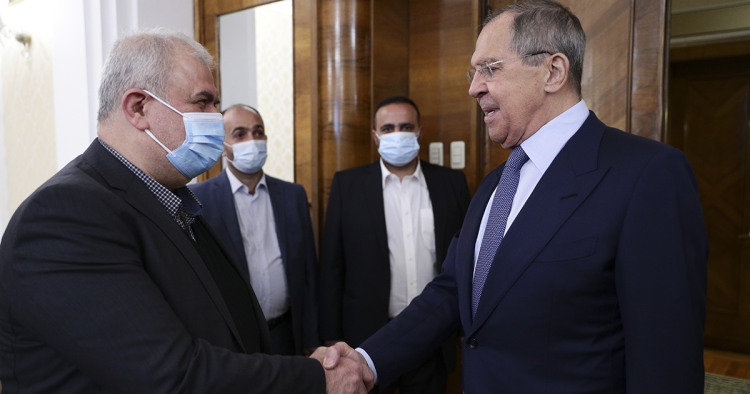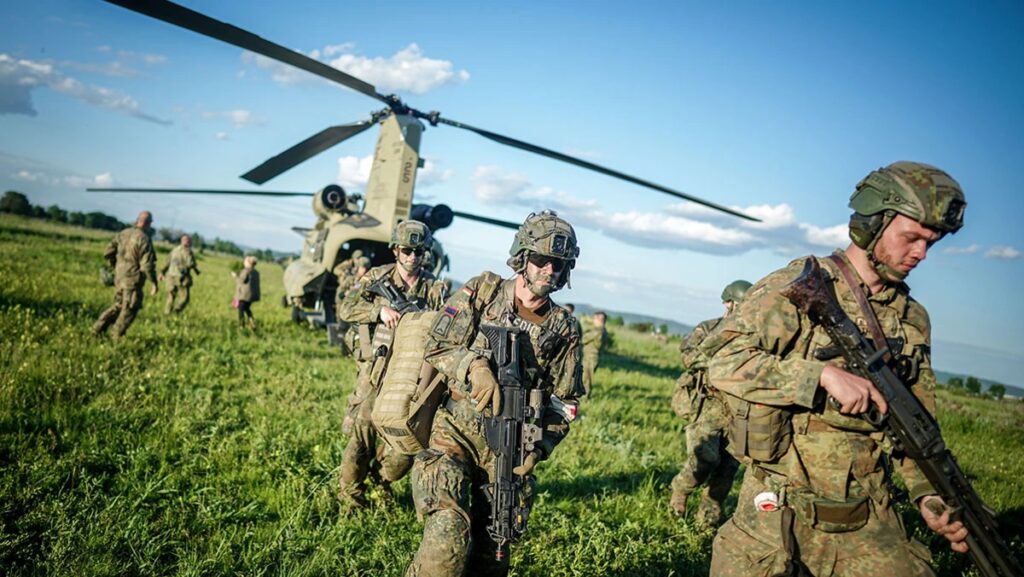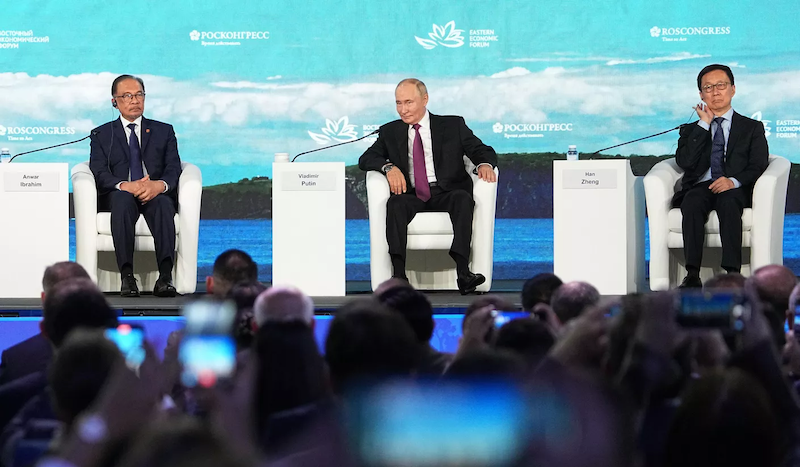Ukraine’s Top Five Challenges Are Unsolvable

Ukraine’s problems are immense and multifaceted, but they’re all connected one way or another to the five following factors.
It’s beginning to dawn on most Westerners that the US’ long-delayed aid to Ukraine isn’t all that it was hyped up to be and will only at most temporarily slow down the pace of Russia’s increasingly rapid advances. The conflict’s tempo has gradually intensified as Russia exploited Ukraine’s disastrous counteroffensive to regain the military-strategic initiative. Ukraine’s problems are immense and multifaceted, but they’re all connected one way or another to the five following factors:

